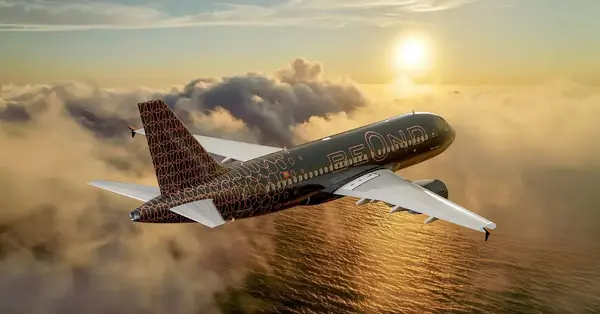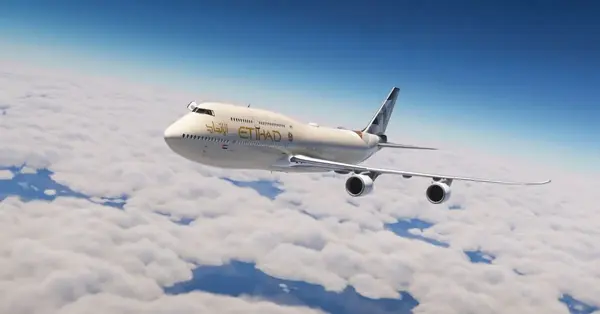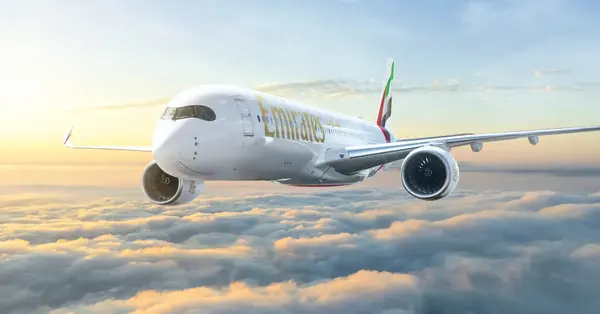You are viewing 1 of your 2 free articles
Some airlines may not survive another crisis warns IATA's Kamil Al-Awadhi
Leading experts discussed the aviation industry's impact on the global economy in a panel discussion entitled 'The State of Air Transportation in the Arab World' at the Arab Aviation Summit 2022 today (Tuesday 1 March).
While the easing of Covid-19 restrictions was welcomed, with many describing 2022 as "post-pandemic", rising oil prices and airspace restrictions due to political unrest were flagged as the aviation industry's next crisis.
The price of Brent Crude, a benchmark in oil pricing, topped US$100 a barrel for the first time in seven years when Russian troops entered Ukraine, and some reports suggest oil prices could reach US$130 by June this year if the conflict continues.
In a time when airlines are still suffering from the impact of Covid-19, oil price hikes pose a significant threat
Kamil Al-Awadhi, Africa and Middle East regional vice president of the International Air Transport Association (IATA), said: "Not every airline received support from the government, whether state-owned or not. I know a lot of state-owned airlines that had to go to the bank and take loans. In general, when you look at aviation globally, it got very little support from governments and played no role in the decision-making process regarding [Covid-19] restrictions."
SIGN UP NOW: GET THE CONNECTING TRAVEL DAILY NEWSLETTER
While Al-Awadhi agreed the aviation industry is resilient, with "airlines accustomed to adjusting and changing the way they operate, from one crisis to the next", he warned the future of some airlines could be at risk.
"I think it's safe to assume that today airlines are at the bottom of the barrel. I don't think airlines actually have that much cash or support left to remain resilient," he said. "If the aviation industry doesn't turn around within the next six months, I don't think some of the airlines that we see today will exist after six months."
Also on the panel, Dr Nadine Itani, programme leader of Air Transport Management at the UK's University of Surrey, agreed that governments could provide more support.
"Just as the governments are responsible for the safety of the population, they're also responsible for the economic safety of the population," said Itani. "Airlines are operating under very high leverage with low liquidity, so maybe the role of governments is not only to set restrictive rules, but to intervene by being a creditor, a lender and a partner of the future."
Al-Wadhi praised the region's airline CEOs for their efforts in reducing costs, but said they had "no other option but to save from every dripping tap".
Al-Wadhi added: "There is no more fat left on any airline… they've picked the bone completely dry"
"CEOs did really well because they're still here; they've managed to survive," said Al-Wadhi, but he also warned of other rising costs beyond oil prices.
He said: "I'm also worried about airports trying to recoup some of last year's losses; they're increasing charges, and a lot of the handling agents are increasing their charges, so, in general, it's another wave of additional expenses for airline CEOs to worry about.
"Unfortunately, these charges just keep on going up, while the airlines have very little resources left. Yes, they're resilient. But resilience can only last a certain amount of time before the airlines break."

















